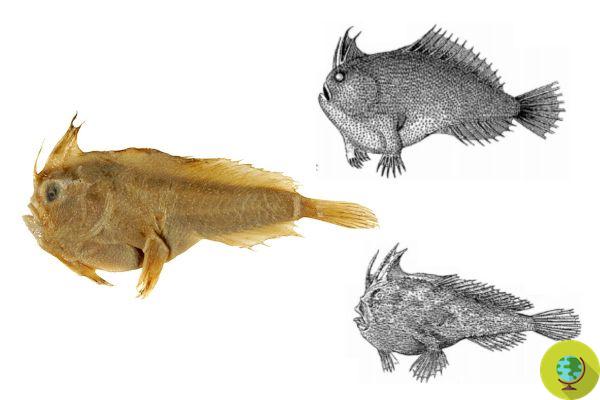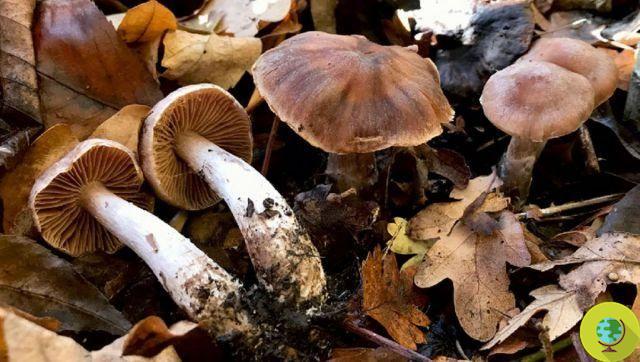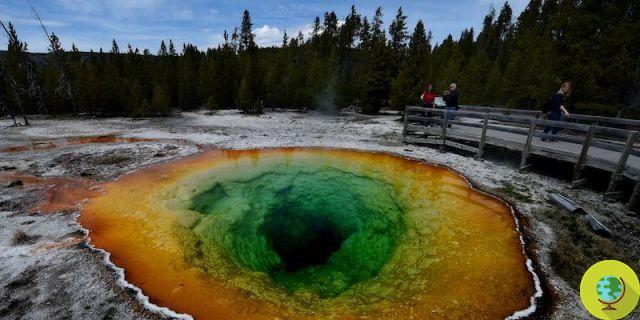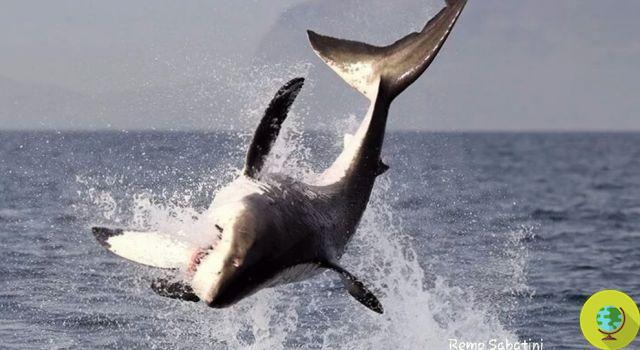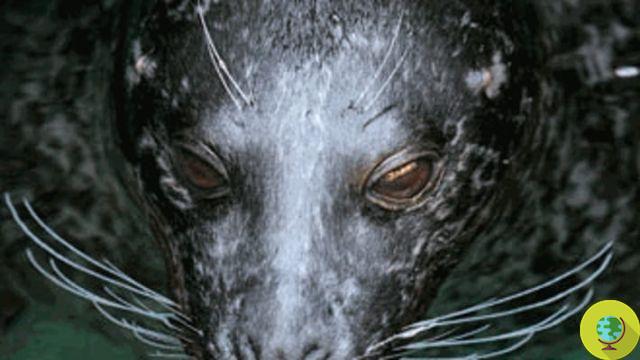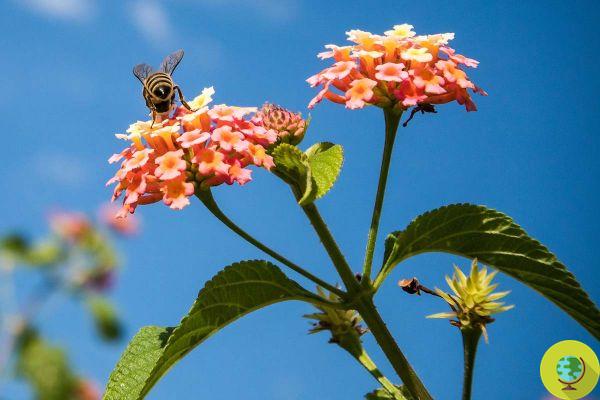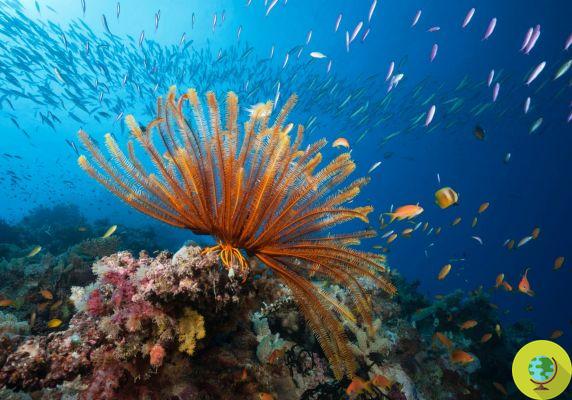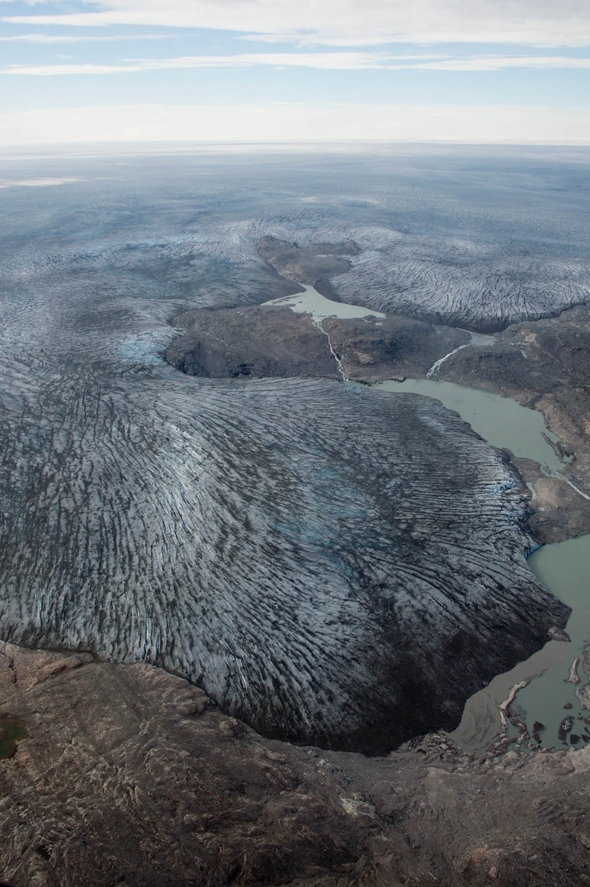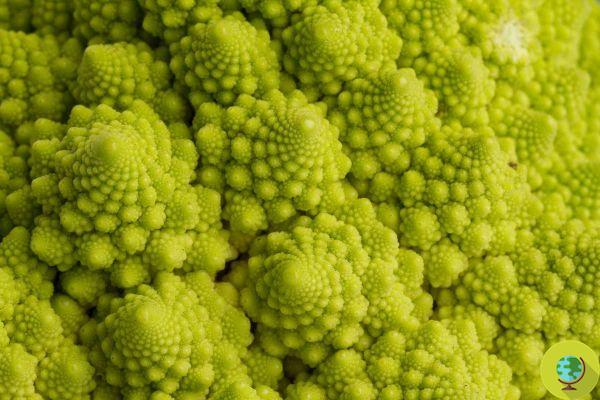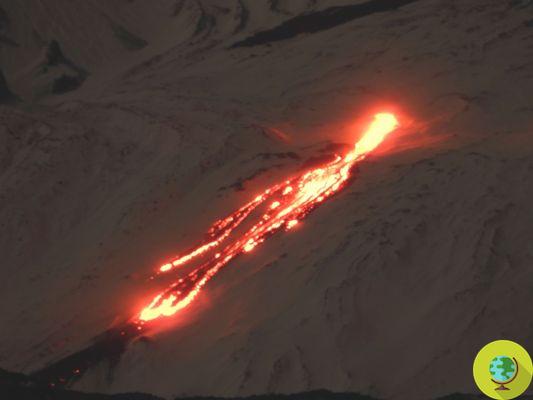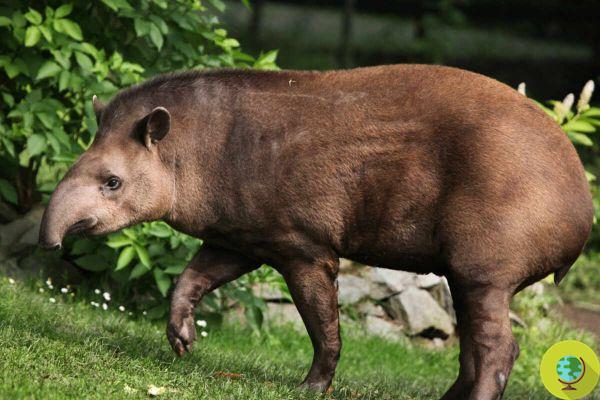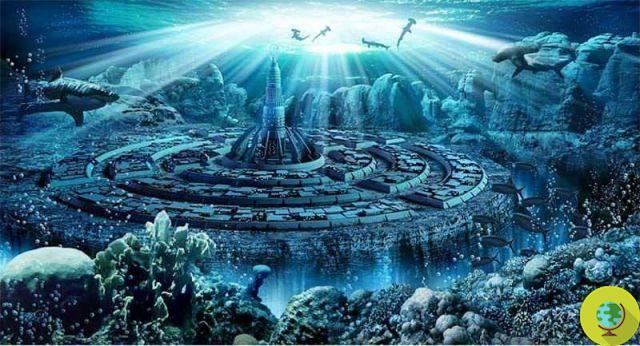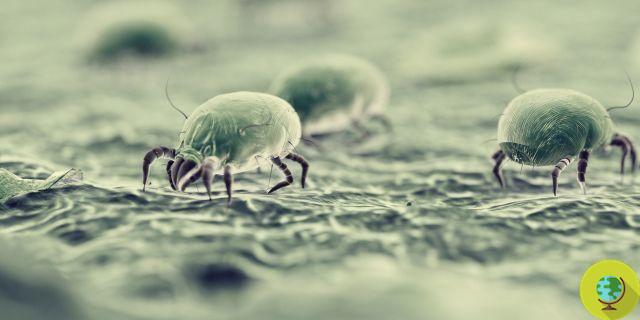
Not just pandas and polar bears. Climate change is also endangering creatures often considered less "noble" but very important for ecosystems: parasites such as lice and fleas could be killed off by global warming
He is about to end up run over, his mother saves him
Not just pandas and polar bears. THE changes climate they are also endangering creatures often considered less "noble" but very important for ecosystems: parasites like lice e fleas they could be made out of heating overall.
This was revealed by a new study conducted by scientists at the University of California, Berkeley, according to which a third of the current population could be eliminated by 2070, with serious consequences for the Earth and its inhabitants. Until now, these creatures had remained out of climate change studies.
Earthworms, ticks, lice and fleas are highly feared for the diseases they cause, but scientists say such creatures also play a vital role in ecosystems. They help control wildlife populations and safeguard food chains.
Since many parasites have complex life cycles that involve passing through different host species, their diversity can be seen as a sign of a healthy ecosystem, explained Anna J. Phillips, curator of the National Parasite Collection of the National History Museum of the Smithsonian Institution in the United States. According to Phillips, the presence of parasites is a good indicator that the ecosystem is stable, he says.
Their drastic reduction, and eventually extinction, could generate unpredictable invasions by surviving parasites into new areas, to the detriment of wildlife and humans, making a "significant contribution" to the sixth mass extinction already underway on Earth.
The research, published in Science Advances, looked at those at the Smithsonian Institution's National History Museum in the United States to map the global distribution of 457 parasites. The scientists then applied a range of climate models and future scenarios and found that 10% of current habitats by 2070 may no longer be suitable for parasites and extinctions would increase by a third including the loss of host species.
"That's a huge number," said Colin Carlson at the University of California, Berkeley, who led the study. "Parasites seem to be one of the most threatened groups on Earth."
Despite the high local extinction rates, some parasites could increase in some places, because species threatened by climate change would invade temperate ecosystems and replace native species with unpredictable ecological consequences, is the conclusion reached by the study.
Apparently they seem less important than other animals but their presence is essential to guarantee the delicate balance of life on Earth.
Francesca Mancuso






